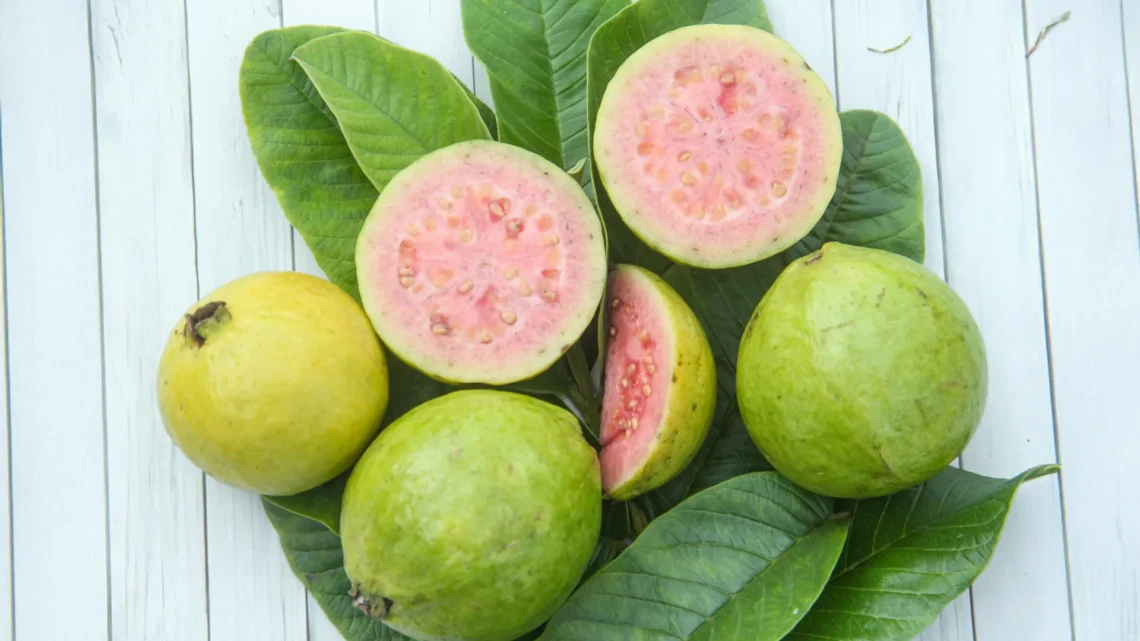Natural Origins of Medicines
Most clinically approved medicines have their roots in natural sources.
Willow Bark: Nature’s Aspirin
For instance, the bark of willow trees contains salicin, which is often referred to as nature’s aspirin. Upon ingestion, the human body metabolizes salicin into salicylic acid, a compound known for its pain-relieving and antipyretic effects.
Research Advancements in Liver Cancers
Recent research led by William Chain, an associate professor in the University of Delaware’s Department of Chemistry and Biochemistry, has identified a molecule derived from tropical fruit that shows promise in combating liver-related cancers—one of the leading causes of cancer mortality worldwide.
Innovative Synthetic Pathways
Utilizing a technique known as natural product total synthesis, Chain and his research team have developed a method to synthesize molecules found in guava plants, which are recognized for their potential in fighting these aggressive cancers. Their findings were published in the prestigious international journal Angewandte Chemie.
Accessible and Cost-Effective Solutions
This research provides a low-cost, scalable approach for scientists globally to produce significant quantities of these naturally occurring molecules, thus facilitating the development of more effective and affordable treatments.
“The majority of clinically approved medicines are either derived from natural products or are inspired by them,” Chain stated. “Due to limited natural resources, our methodology allows chemists to replicate our findings using alternative approaches, essentially enabling them to create these compounds independently.”
Encouraging Scientific Collaboration
This discovery serves as a foundation for further collaborative research efforts. Liam O’Grady, a doctoral student in Chain’s lab and the article’s primary author, remarked, “We are the first to explore this novel pathway, illuminating potential routes for others to investigate and optimize.”
Significant Health Implications
The implications of this work are substantial. Cases of liver and bile duct cancer have surged in recent years, with one in 125 individuals globally projected to be diagnosed with hepatocellular carcinomas throughout their lifespan.
In the United States, liver cancer chemotherapies pose a multi-billion-dollar healthcare challenge, with the current five-year survival rate for late-stage liver cancers falling below 15%. Forecasts indicate that by 2025, over 42,000 individuals in the US will be diagnosed, with more than 30,000 succumbing to the disease.
Future Research Directions
The research team is collaborating with the National Cancer Institute to explore further applications of the guava molecule and its efficacy against various cancer types.
Key Health Takeaway
The exploration of natural compounds and their synthetic analogs holds significant promise for developing more effective and affordable cancer treatments, particularly for liver-related cancers that represent a growing public health concern.





